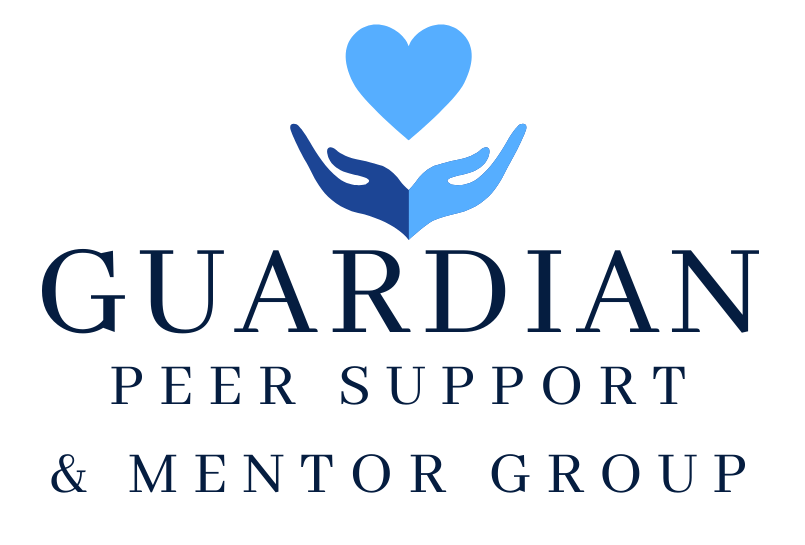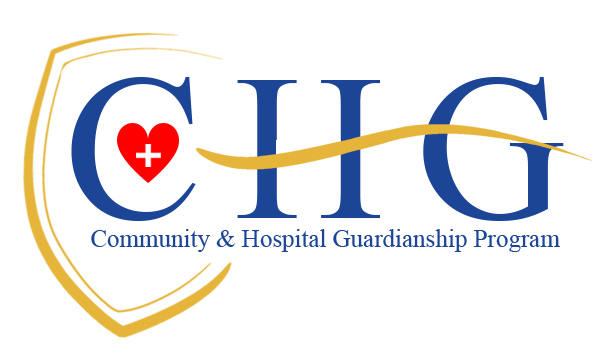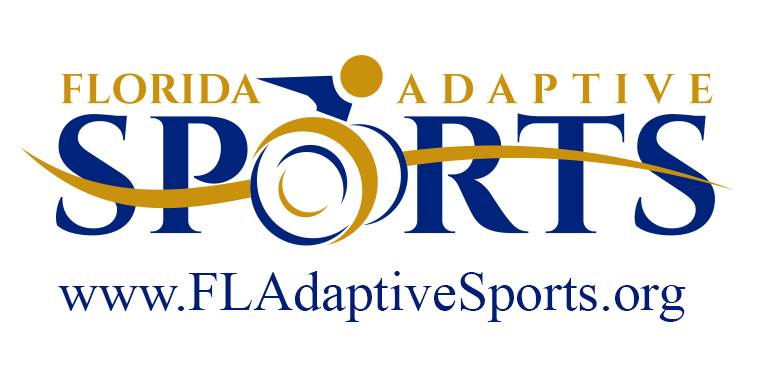Types of Trusts
We have trusts to help seniors and disabled individuals 65 and older, disabled children and adults under 65, and individuals inheriting money who need to preserve govt. benefits.
AGED, Inc. currently offers three types of Special Needs Trusts:
“The qualified Medicaid pooled trust for disabled individuals is a legal instrument which meets criteria 42 U.S.C. § 1396 (p)(d)(4)(c) and which allows disabled individuals to place assets and/or income into a trust to qualify for Medicaid assistance.”
A Special Needs Trust can:
- Preserve and protect your income / assets.
- Drastically reduce medication costs, as low as $3-$7 per medication.
- Help you become eligible for govt. benefits, such as Medicaid.
- Extend your ability to stay at home.
- Help pay for Assisted Living Facility or Skilled Nursing Facility costs.
- Reduce healthcare costs.
- Close the Medicare Donut Hole.
- Make you exempt from Medicaid’s five year look back.
- Give you financial peace of mind!
A d(4)(A) trust, or disability trust, is established for disabled individuals under 65 who need to qualify for, and/or protect, govt. benefits.
Under the provisions of 42 U.S.C. § 1396p (d)(4)(A), a disabled individual’s trust will not be counted as a Medicaid asset, even when it is funded with the individual’s own assets.
A d(4)(A) trust:
- Contains income and / or assets.
- Is established by a parent, grandparent, legal guardian, or the court.
- Is managed by a trustee, either individual or corporate.
- Is used to pay bills for living expenses, utilities, medical expenses, and more.
- Can be used by anyone disabled and under the age of 65.
- Unlimited funding allowed.
- Upon death, the funds retained in the trust are used to payback Medicaid first, and then the heirs, or as outlined in the trust documents.
Since a trust is a legal instrument, we always recommend seeking the advice of an attorney. If you don’t have an attorney, please visit: www.AFELA.org.
We are glad you are interested in learning more about AGED, and our Special Needs Trusts. While establishing a trust can be complicated, we pride ourselves on making it easy to understand how elderly and disabled individuals in financial need can benefit from a establishing this type of trust.
Contact us today for a free consultation and assessment of your needs. We are happy to clarify any questions that you may have.
Pooled Trusts, or d(4)(C) Trusts, have no age restrictions and can be established by anyone, as long as the assets used to fund the trust belong to the disabled beneficiary. Pooled Trusts must be established and managed by a Non-profit organization, like AGED, Inc.
With a d(4)(C) trust, while the participant funds may be pooled for investment and management purposes, the funds are solely for the benefit of the beneficiary. Upon death, the funds may be used for the benefit of other disabled individuals, or may go to heirs after after the Medicaid payback is fulfilled.
A d(4)(C) trust:
- Contains income and / or assets.
- Is established by a parent, grandparent, legal guardian, the court, or the individual, with assets owned by the individual.
- Is managed by a Non-profit trustee.
- Is used to pay almost anything that is not paid for by government benefits.
- Can be used by individuals of all ages. Has no age restrictions.
- Unlimited funding allowed.
- Upon death, the funds retained in the trust are used to payback Medicaid first, and then the heirs, or as outlined in the trust documents.
Since a trust is a legal instrument, we always recommend seeking the advice of an attorney. If you don’t have an attorney, please visit: www.AFELA.org.
We are glad you are interested in learning more about AGED, and our Special Needs Trusts. While establishing a trust can be complicated, we pride ourselves on making it easy to understand how elderly and disabled individuals in financial need can benefit from a establishing this type of trust.
Contact us today for a free consultation and assessment of your needs. We are happy to clarify any questions that you may have.
Third Party Trusts are designed to hold gifted or inherited assets from a third party to an individual or beneficiary with special needs.
A Third Party Special Needs Trust is simpler and less costly to establish than a First Party Special Needs Trust, as it is usually not subject to court review or approval.
A stand-alone trust agreement has the advantage of allowing other people, such as grandparents, siblings, or anyone else other than the beneficiary to add assets to the trust.
The Medicaid laws governing trusts are designed to enable individuals to qualify for benefits, while still retaining the use and benefits of their assets.
A Third Party Trust:
- Contains assets only.
- Is established by anyone other than the beneficiary.
- Is managed by a trustee, either individual or corporate.
- Is used to pay items outlined in trust documents.
- Can be used at any age. No age restrictions.
- Unlimited assets allowed for funding trust.
- Upon death the funds retained in the trust are used to pay heirs, or as outlined in the trust documents.
Since a trust is a legal instrument, we always recommend seeking the advice of an attorney. If you don’t have an attorney, please visit: www.AFELA.org.
We are glad you are interested in learning more about AGED, and our Special Needs Trusts. While establishing a trust can be complicated, we pride ourselves on making it easy to understand how elderly and disabled individuals in financial need can benefit from a establishing this type of trust.
Contact us today for a free consultation and assessment of your needs. We are happy to clarify any questions that you may have.



